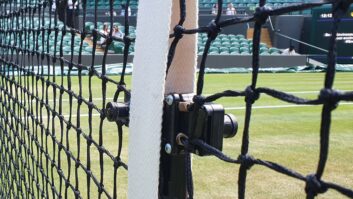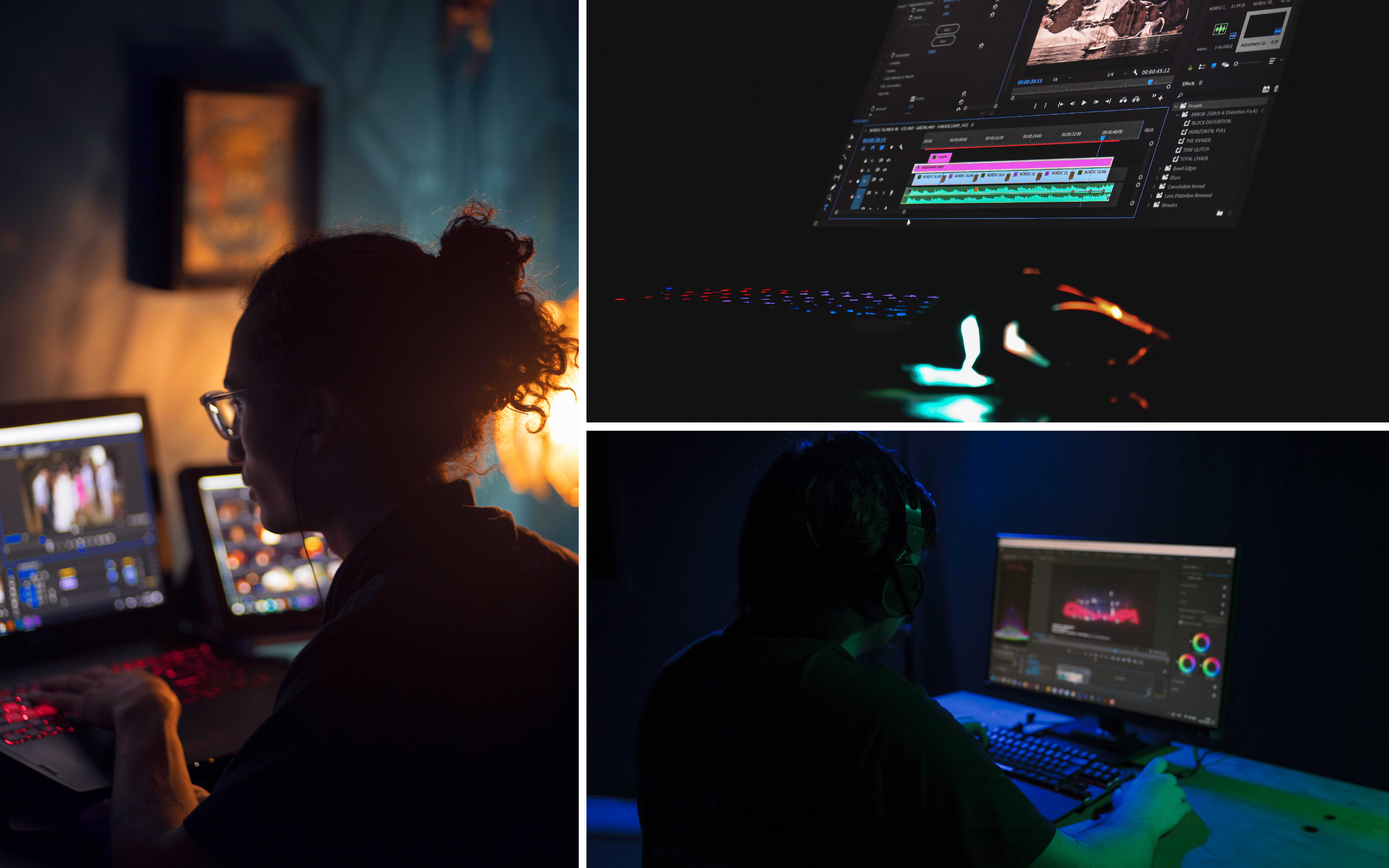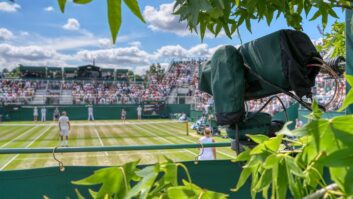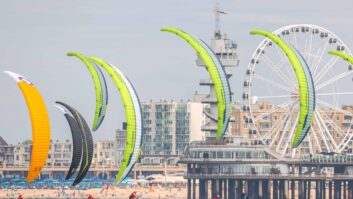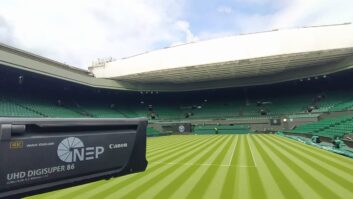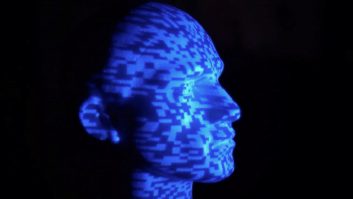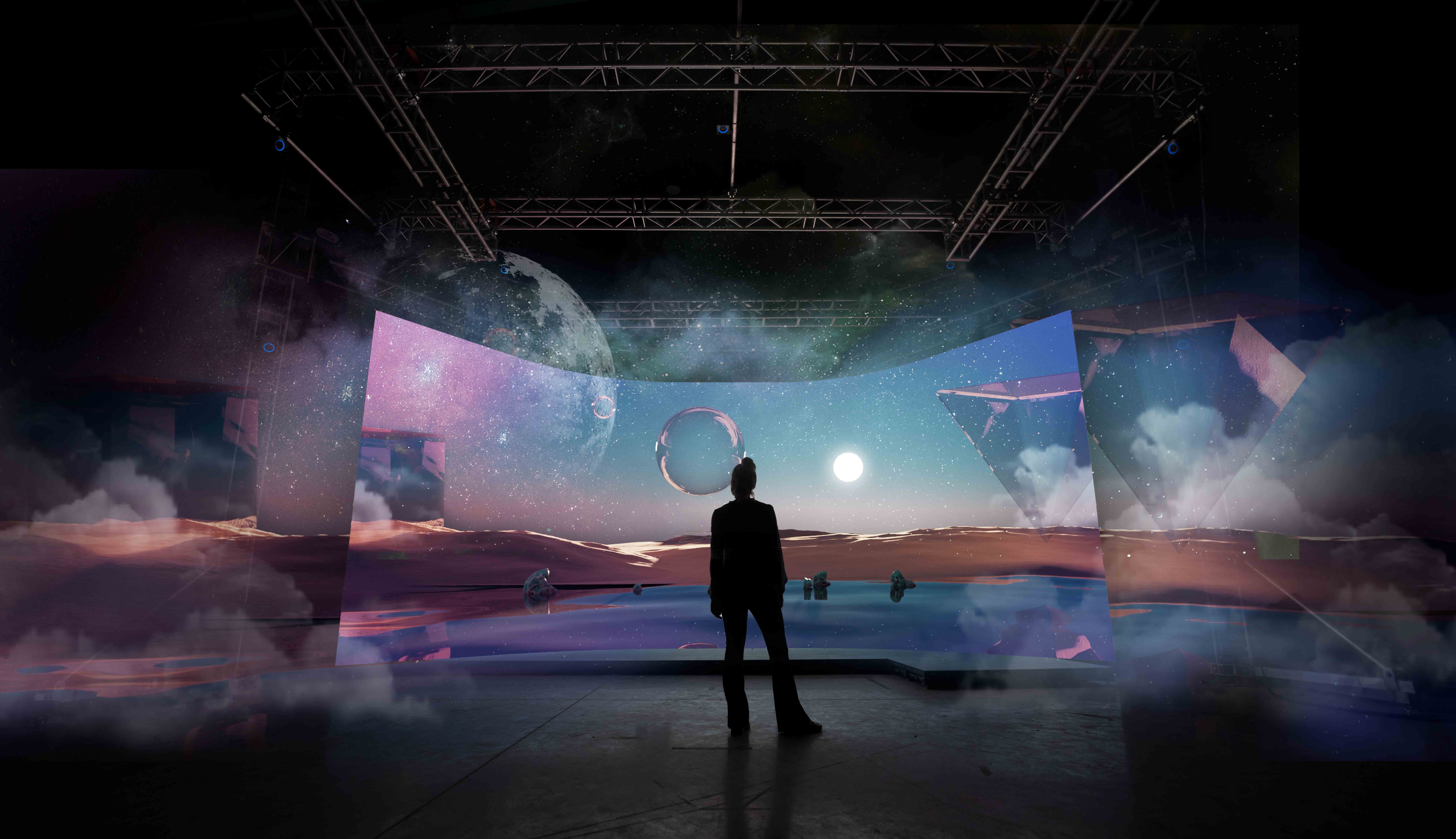For the first time at the All England Tennis Club, the 2011 Wimbledon championships incorporated live 3D coverage. TVBEurope’s Adrian Pennington was treated to a look behind the scenes of this landmark production.
The finishing touches to the 3D production of Wimbledon’s final matches were applied by Can Communicate and Sony on behalf of the AELTC and the BBC. A shortage of HDCAMSR tape meant that Sony’s initial plans to cover the bulk of second week centre court matches in 3D for archive had to be curtailed a touch. Elements of the quarter finals were recorded live in 3D and all of both semi-finals and finals were covered in entirety as planned.
There had to be a little compromise on the camera positions, largely due to 3D being a latecomer to the party, although good spaces were found in lower tight angle positions.
“We are probably one, maybe two, cameras short to cover all eventualities on the court,” said Duncan Humphreys Can Communicate’s creative director, as the historic coverage approached. “We are slightly short on a master wide shot – the cameras are searching a little – but finding a good position for a 3D master wide for tennis is tricky given the difficulty in finding camera positions that aren’t already allocated to, say a Royal Box, or other premium seats.”
A full debrief following the event was set to air these wrinkles. Since Sony with Can have a three year deal with the AELTC they can look to elaborate and finesse coverage in 2012.
Other points worthy of note:
· HBS director Peter Angell was brought on board to add continuity, quality control and liaison between production and broadcasters (the HBS/Sony/Can team delivered the FIFA World cup in 3D). As Can business development director Chris Dyer put it: “We wanted to keep the band together.”
· The Duke and Duchess of Cambridge were captured in 3D – for the archive of course – during their Royal Box audience of Andy Murray’s 4th round tie.
· Some 250 cinemas worldwide took the 3D live feed. This was down considerably on the 800 theatres which Sony were aiming for and attributed by Dyer to Transformers 3D. He suggested that the timing of a guaranteed seat-filling blockbuster in its opening weekend gave cinema owners little room to programme alternative content.
· There were five 3D camera positions on Centre Court plus a beauty cam in 3D with 10 additional 2D feeds from the BBC host broadcast accessible to MPE200s for realtime conversion. These included the robotic camera tracking the baseline which, according to Humphreys, works very well as a converted shot.
· There were 22 MPE-200 processors on the production – the largest number yet arrayed for a single event. This was mainly due to six additional boxes being used in redundancy for the six main 3D rigs and a variety of others employed to QC the convergence.
· Hawk-Eye graphics, now Sony-owned, were augmented for 3D and used live.
· Broadcasters taking the 3D live signal included the BBC, ESPN, Sky Italia, Sky Deutchland, The Tennis Channel in the US (delayed) and, oddly, Cyprus’ Lumiere TV.
· Sony’s picture stitching apparatus was tested with 3D modelling on Centre Court. This system takes a feed from three fixed HD cameras, joins the image into a panoramic vision and has MPE200 conversion processing applied.
According to Mark Grinyer, Sony’s head of sports business, “It means we always have a shot with good 3D in it, the court is always covered and it means that if we lay on graphics and data such as Hawkeye we are using an image that never loses its origin points so that it is a lot easier to manage.”
